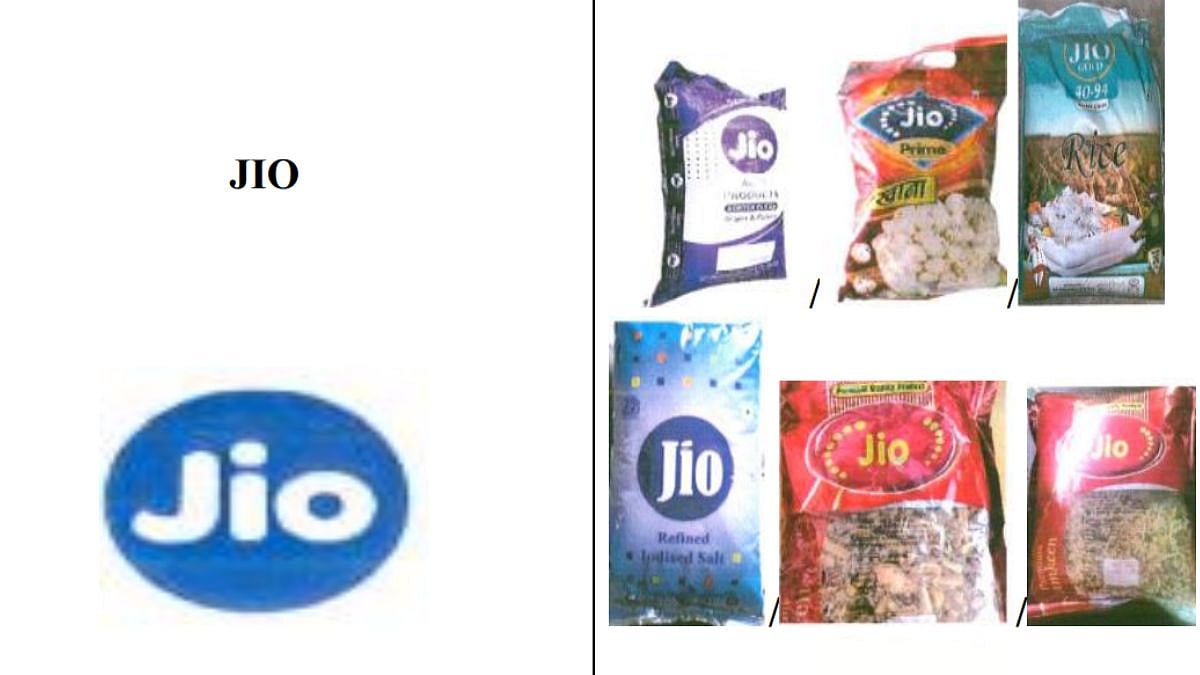The Delhi High Court has directed e-commerce platforms Amazon India and Flipkart to delist products that infringe upon the ‘Reliance’ and ‘Jio’ trademarks. The order was passed on July 10 by Justice Saurabh Banerjee in response to a civil suit filed by Reliance Industries Limited (RIL).
RIL had approached the court alleging that multiple unauthorised sellers were offering fast-moving consumer goods (FMCG) on online marketplaces using its trademarks. The company claimed these products created a misleading impression that they were manufactured or endorsed by Reliance or Jio. The court agreed that such use of the trademarks could result in consumer confusion, especially since buyers on digital platforms rely heavily on brand names and logos to assess the origin and quality of goods.
The injunction, as mentioned in the Delhi High Court order, accessed by The Free Press Journal, restrains 21 identified defendants from manufacturing, selling, or advertising any goods bearing the ‘Reliance’ or ‘Jio’ marks. It also applies to further listings that violate the same rights. The court’s order is dynamic in nature, meaning e-commerce platforms must proactively identify and remove any additional infringing listings that may appear.
The order informs, "As per the information available with plaintiff, the defendant nos.1 to 21 are engaged in the commercial business of manufacturing, distributing, marketing, and/or selling various fast-moving consumer goods (FMCG), including but not limited to Poha, Wheat Flour, Makhana (Foxnuts), Pulses, Lentils, Salt, and similar products under the plaintiff’s well-known and registered ‘Reliance’ and ‘Jio’ formative trademarks."
The Court observed, “If any confusion between such products is allowed to continue, it could risk consumer safety. Therefore, this Court has to adopt a more cautious and stringent approach.”
In addition to Amazon and Flipkart, platforms such as Meesho, Indiamart, and Snapdeal were also mentioned during proceedings. The court has also asked these platforms to disclose details of the sellers involved and to cooperate in preventing recurrence of such trademark misuse.

Reliance, through its legal counsel, clarified that it operates in the FMCG space—offering groceries, fresh produce, and packaged goods—and that any unauthorized usage of its brand could mislead consumers and damage its reputation.
The case highlights growing scrutiny on marketplace accountability in India’s e-commerce ecosystem, particularly in the context of trademark enforcement.











